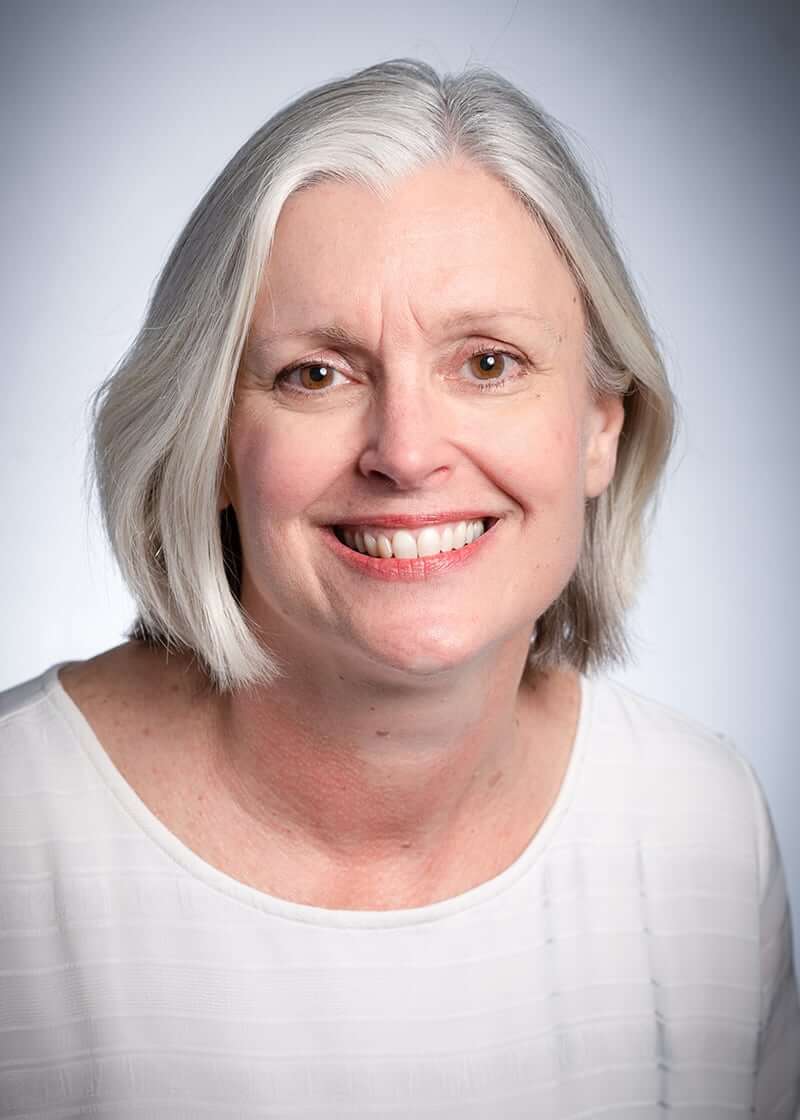March/April 2020
Susan Davies, PhD sdavies@uab.eduProfessor, Health BehaviorDirector, Center for the Study of Community Health
Broad research focus?
My research focuses on HIV, sexually transmitted infections, and unintended pregnancy prevention among adolescents and emerging adults. More recently, my work focuses on building mental health and resilience among youth and families living in poverty. As a result, I collaborate with neighborhood groups, families, schools and other community channels, using various methods to reach and engage parents and kids in health promotion interventions.
Coolest training you've attended?
A few years ago, my mentor, Connie Kohler, and I attended a Positive Deviance training. Positive deviance is an approach to behavioral and social change based on the observation that in every community there are certain individuals or groups who find ways to solve problems better than their peers, while having access to the same resources and facing the same challenges. Positive deviants are generally very efficient at driving change, so identifying these individuals can be very useful for health communication campaigns and/or behavior change interventions. This training changed how I approach research. Positive deviance was first applied in developing countries, and is now increasingly used in the US in both public health and corporate settings.
Most prized professional accomplishment?
My intervention work. I really enjoy creating novel strategies for changing health behaviors and/or environments. This work has exposed me to a wide range of health issues and populations (nutrition in 4th graders, hand-washing among pregnant women at risk for CMV, self- management of asthma, self-care for depression) while also allowing me to think outside the box, which is fun. The truth is that changing behavior is hard, and there are too many interventions that bring only minimal benefit. So to create something that really works, you need to know your audience: how they think, what they need, what drives their current behavior, and what gets in the way of their efforts to change. These are rarely obvious at first, but with enough formative research, they become clear.
Most exciting project you are working on right now?
I am Co-PI (with Jeff Walker) of CHEER (Community Health through Engagement and Environmental Renewal), a large community-based intervention trial in eight disadvantaged urban neighborhoods. We are using a 2 x 2 design to test the independent and combined effects of two system-level interventions, one parent/child focused and one environmentally focused. This will help us better understand the age-old question of nature vs. nurture, and inform the development of cost- effective family and community-level interventions with potential for wide dissemination and scalability.
What's next for the Center for the Study of Community Health?
In this funding cycle we created a new platform, the Community Health Research Pipeline, for generating novel research, extramural funding and publications, through efforts to engage and train a corps of community health researchers and students. The corps will expand UAB’s portfolio of funded community- engaged health research projects and advance the evidence base for policies to improve health outcomes and diminish health inequities.
If not academia, then...?
When I started my PhD, my goal was to be the Executive Director of a nonprofit group. By the time I finished the program, I had caught the research “bug”.
